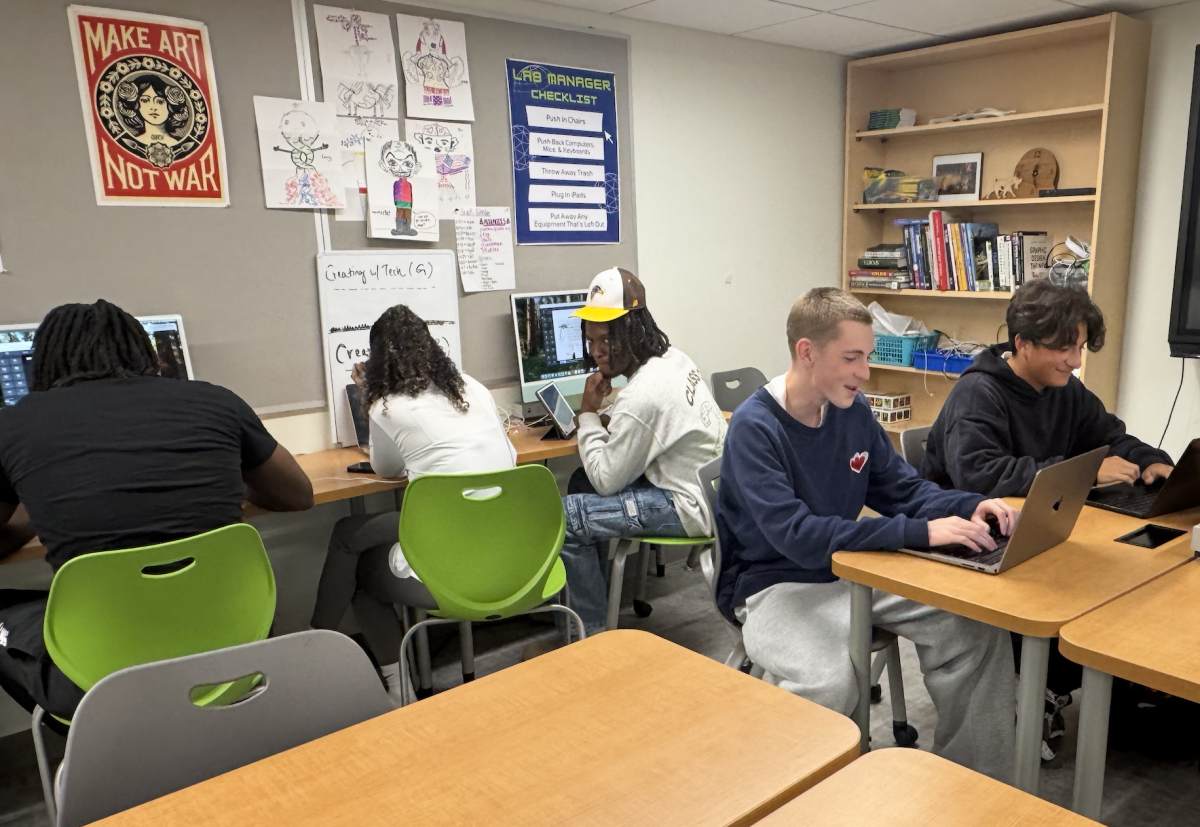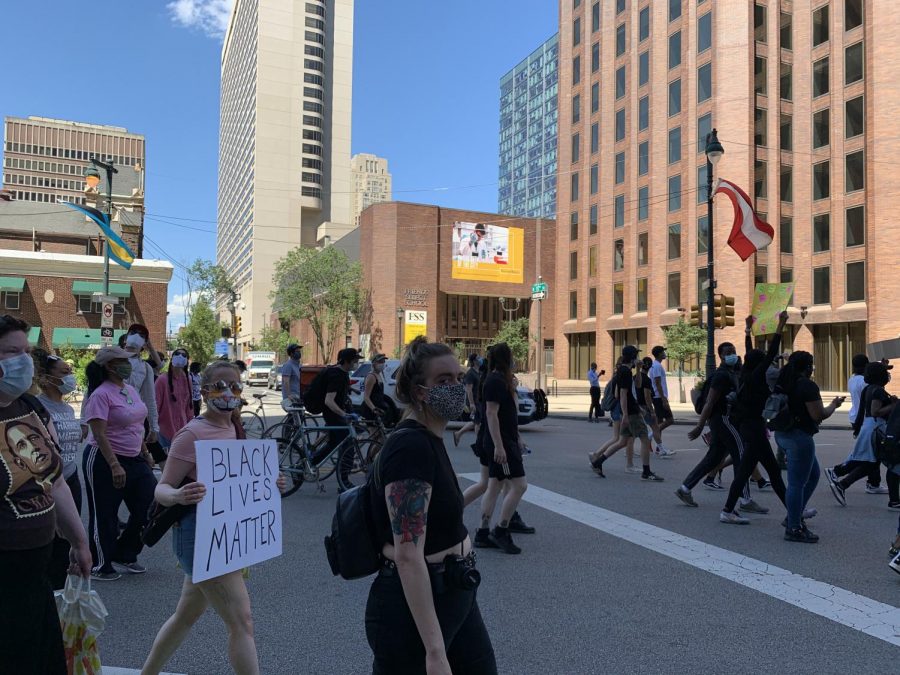Opinion: The Understandable Path from Injustice to Riot
Violent civilian demonstrations in Minneapolis protesting the police murder of George Floyd have dominated national headlines over the last few days. Over the weekend, many cities across the country (including Philadelphia) joined in demanding equitable treatment from police officers. These protests and riots have drawn both support and criticism from prominent national voices. Riots may appear unproductive and unethical, but what else can Americans do when every avenue to justice for people of color has been blocked by an obstinate establishment? How can we demean protesters for rioting when American police have enacted a silent riot for decades?
Almost every historical account of injustice is accompanied by some form of riot.
Almost every historical account of injustice is accompanied by some form of riot. From the Jewish revolt against the Roman Empire in 66 C.E. to modern American protests against police brutality, almost every historical account of injustice is accompanied by some form of rebellion. The efficacy of these demonstrations is mixed: events like the Boston Tea Party have overhauled governmental structures, while failed protests like the Baltimore riots of 2015 changed almost nothing.
When we question the effectiveness of riots, though, we should also consider the success rate of non-violent demonstrations. While a handful of famous leaders like Gandhi and Martin Luther King Jr. led years-long protests that changed the attitudes of their nations, contemporary pacifist resistance to gun violence in America has largely been a failure; there were more American mass shootings than ever in 2019.
Peaceful dissent should always be the first course of action, but America is not at the beginning of its struggle against police brutality. Have non-violent Black Lives Matter marches really changed anything if people of color like George Floyd, Breonna Taylor, and Ahmaud Aubrey are senselessly murdered every few months? At this point, police departments across the country have sent the message that no amount of awareness will ever be enough to outweigh rampant systemic racism.
King’s statement that “a riot is the language of the unheard” has been quoted repeatedly on social media amidst the Minneapolis riots. While grim, it is true that pacifist public voice has not been enough to protect black lives from police terrorism. Why should critics expect communities of color to continue pleading and negotiating with police departments that have not compromised in the past? While arson and assault are a bleak option, critics ought to understand why protesters turn to these methods.
There are many arguments against riots that raise important points. Riots and looting are in no way fair to small business owners and employees who also often struggle against systemic injustice. Additionally, violence is hard to justify in almost any circumstance, and jeopardizes the safety of innocent bystanders.
Violence is never the answer, but that doesn’t mean justifiably angry Americans should continue to bang their fists against a door that police departments may never unlock. While it may be hard to support riots across the country, we ought to understand why they are an inevitable response to perpetual injustice.
The Falcon encourages responses to our opinion articles. Please add a comment or submit a longer response to [email protected].





























